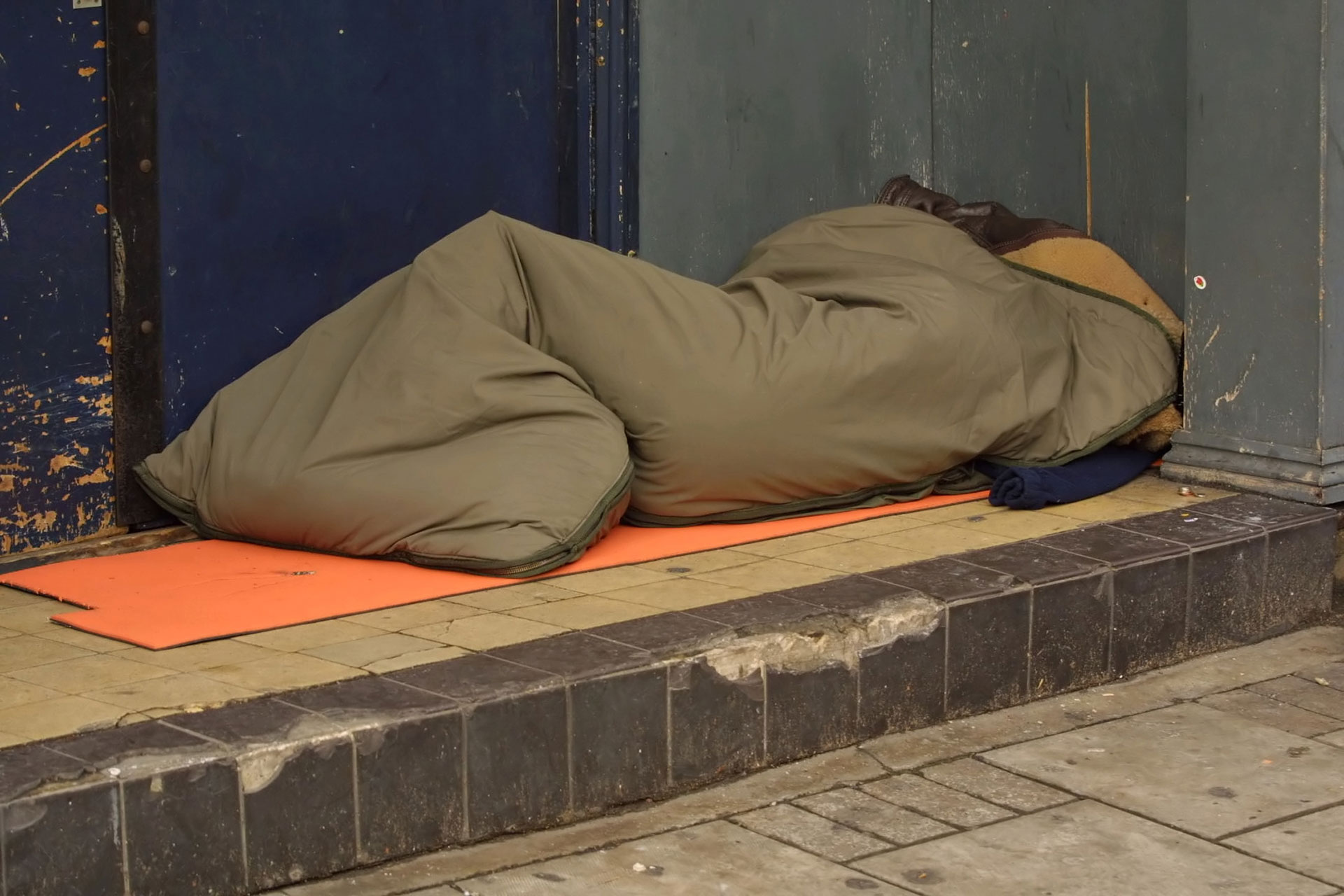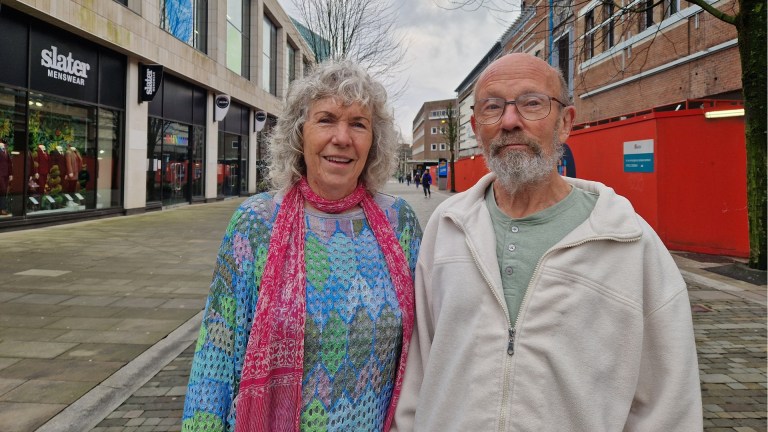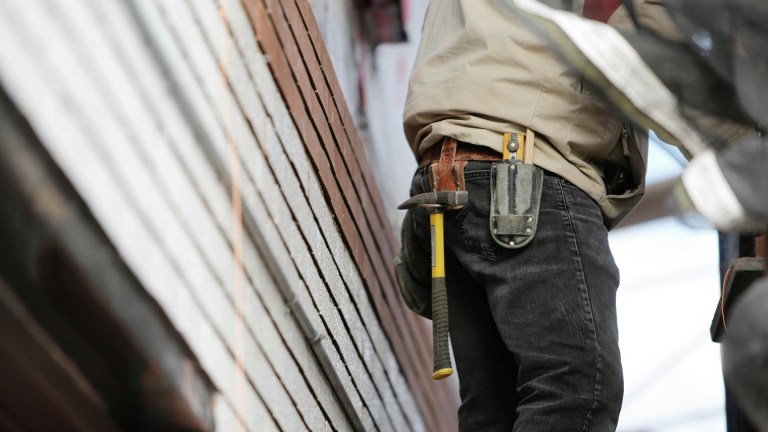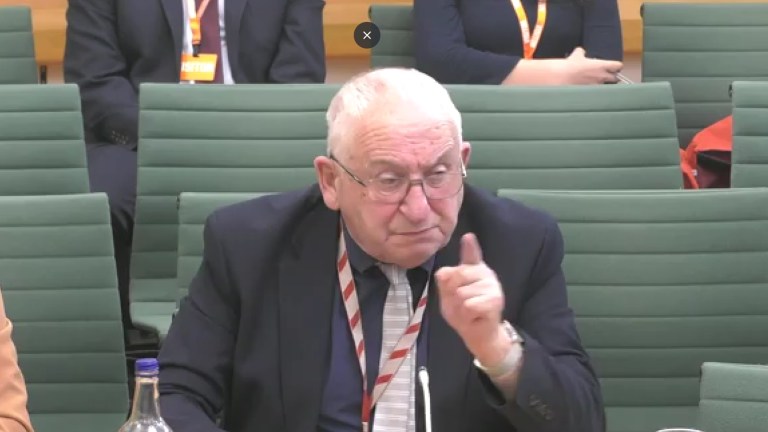St Mungo’s is sharing the stories of people they have helped this week on social media to highlight how the unity seen during the early days of Covid-19 lockdown must now continue.
“St Mungo’s, along with many homelessness organisations, has spent the past few months ensuring that thousands of vulnerable people who were homeless on our streets were protected during the COVID-19 pandemic,” said Mr Douglas.
“The ‘Everyone In’ programme, has been successful. The Ministry of Housing, Communities and Local Government, regional and local authorities, housing associations and all involved – including our dedicated teams here at St Mungo’s – should be praised for their outstanding and unprecedented joint efforts, which undoubtedly saved many lives.”
Now the focus is on the next steps for rough sleepers who are yet to find a “long-term, safe home”. The former head of the government’s Rough Sleeping Task Force, Dame Louise Casey, was due to oversee this work with councils but stepped down from the task force in August.
She told The Big Issue of urgent efforts to find accommodation at such short notice and the high price of failure to do so. She said in May: “We had to get everybody in, we cannot have people dying on the streets. And we cannot have people dying in communal night shelters and that is the prospect that we were facing.”
Advertising helps fund Big Issue’s mission to end poverty
The government is pressing ahead with the first phase of its Next Steps Accommodation funding to be allocated in the coming week and work is ongoing to find spots for rough sleepers to stay while the search for permanent housing continues.
In Coventry, the city council is using part of their £782,000 funding from the Ministry of Housing, Communities and Local Government to secure a large number of rooms at the city’s Days Hotel with 95 people still being supported. It’s a “decisive step” towards helping vulnerable people, says councillor David Welsh, a council cabinet member for housing and communities.
The council has also sealed deals for former student homes in the past few weeks – securing a five-bed, a six-bed and three three-bed homes for ex-rough sleepers. They are also in discussions to buy two purpose-built student accommodation blocks – a 26-bed and a 16-bed property – according to the local newspaper.
Student accommodation is also the answer for Portsmouth City Council. About 100 of the rough sleepers that they initially housed during the pandemic have moved on to private rented homes or shared housing with 110 set to be re-housed in two empty student blocks by the end of September.
There is now, I think, a once in a generation opportunity to ensure that what we have learnt through the pandemic is not lost
Local councillor Darren Sanders said: “It is clear from listening to rough sleepers that they want support, not just a place to live, and that is what we will offer.”
But with work all over the country ongoing to ensure that the days of mass rough sleeping experienced pre-pandemic remain in the past, St Mungo’s warn that the £1bn cut from councils’ annual homelessness services since 2008 must be addressed in the upcoming Comprehensive Spending Review.
Advertising helps fund Big Issue’s mission to end poverty
Douglas added: “This funding hasn’t been replaced by the coronavirus response. And without a significant increase in investment, these vital services will not be able to cope with demand, and the Government is unlikely to keep its commitment to end rough sleeping by 2024.”










